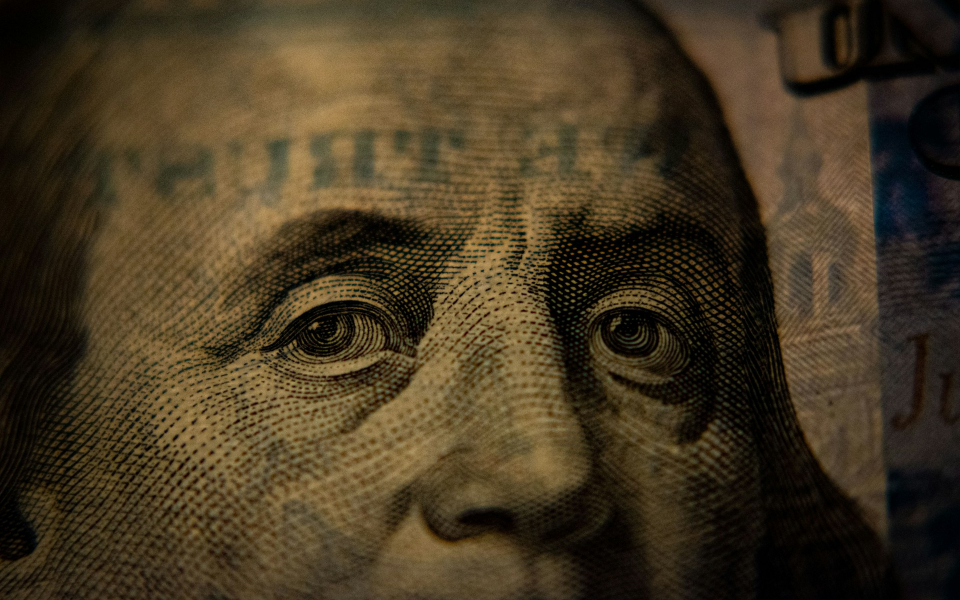The ongoing struggle of the Federal Reserve to rein in inflation has raised alarms about the potential onset of a recession, according to a recent expert analysis.
What Happened: An economist warned that the Federal Reserve's aggressive measures to control inflation could unintentionally lead the U.S. economy into a recession, Business Insider reported. These remarks were made following a report that indicated inflation rates were continuing to rise beyond expectations.
During a segment on Bloomberg TV on Thursday, Ian Lyngen, head of U.S. rates strategy at BMO Capital Markets, voiced his concerns, "If we continue to get inflation prints at these levels, the [Federal Reserve] is going to find itself backed into a corner where they need to cause a recession if they're going to hold that 2% inflation target."
Investors have adjusted their expectations for a Federal Reserve rate cut, with sentiment now pointing towards September rather than June, as per insights from the CME FedWatch Tool. Still, the probability of a rate cut beginning in September remains below 50%.
Lyngen pointed out that the current federal funds rate, which lies between 5.25% and 5.50%, may not be adequate to temper inflation.
Frances Donald, chief economist at Manulife Investment Management, also acknowledged the growing risks of a recession during the same Bloomberg interview.
"Now that we're back to an environment where we're losing those embedded rate cuts, we actually have to increase the chance of something bad happening here," he said.
Why It Matters: Recent statements by influential figures like Robert Kiyosaki, author of "Rich Dad Poor Dad," indicate a shift in perspective regarding the Federal Reserve's inflation targets. Kiyosaki has emphasized the importance of assets like gold, silver, and Bitcoin, particularly in light of recent actions by the Federal Reserve and its chair Jerome Powell.
Some experts, such as the esteemed economist Mohamed El-Erian, have suggested that the Federal Reserve might need to consider a higher inflation target, such as 3%, to alleviate these pressures. El-Erian warned that sticking with the current rate policy could be necessary for an extended period to reach the 2% inflation mark.
Moreover, a blistering inflation report for March, marking the third month in a row where inflation exceeded forecasts, along with an unexpectedly robust labor market, has led analysts and market participants to significantly revise their interest rate forecasts.










